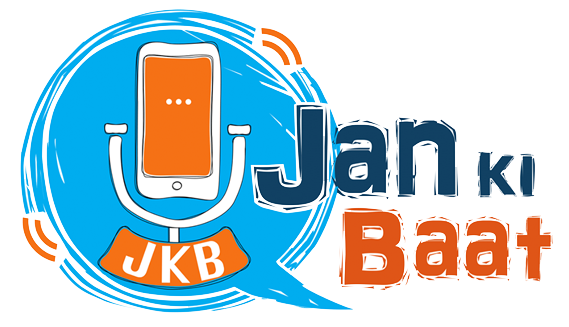Public distribution system (PDS) is an Indian food security system. Established by the Government of India under Ministry of Consumer Affairs, Food, and Public Distribution and are managed jointly by state governments in India, it distributes subsidized food and non-food items to India’s poor. This scheme was launched in India in June 1947. Major commodities distributed include staple food grains, such as wheat, rice, sugar, and kerosene, through a network of fair price shops (also known as ration shops) established in several states across the country. Food Corporation of India, a Government-owned corporation, procures and maintains the PDS. The central and state governments shared the responsibility of regulating the PDS.
Recently members of All India Fair Price Shop Dealers Association staged a protest seeking fulfillment of their demands to be recognized as government servants as reported by Jan Ki Baat. They admitted that they were forced to take commission at PDS shops and also suggested a solution to end corruption in Public Distribution System. They demanded government recognition for the entire set of 5,27,000 fair price shop dealers as well as medical claims till the time this would be implemented.
A uniform PDS rate was also demanded in the entire country by them. The main purpose behind this was to seek respect and work lawfully for the rest of their lives of which they been deprived off. They would never want to seek commission if their legitimate demand is fulfilled and worked upon.
All they were asking for was respect, opportunity to work lawfully and enough money to run their homes.
